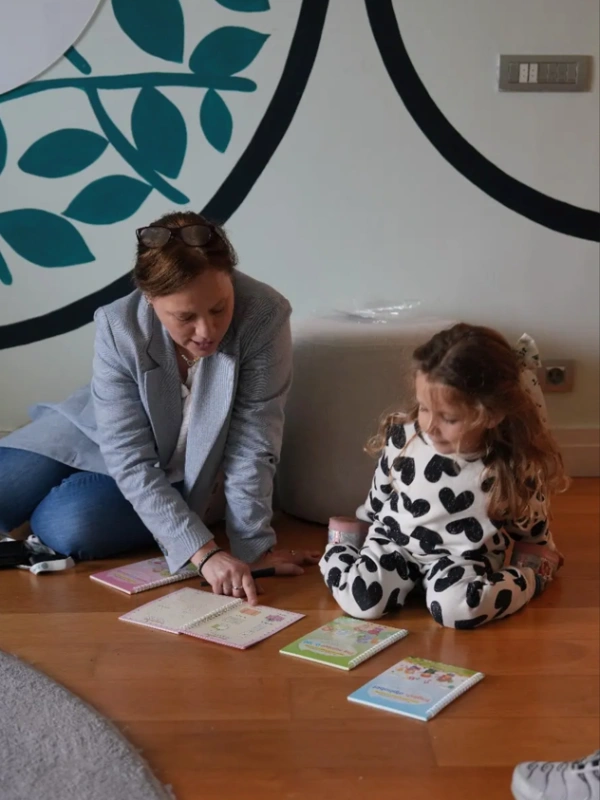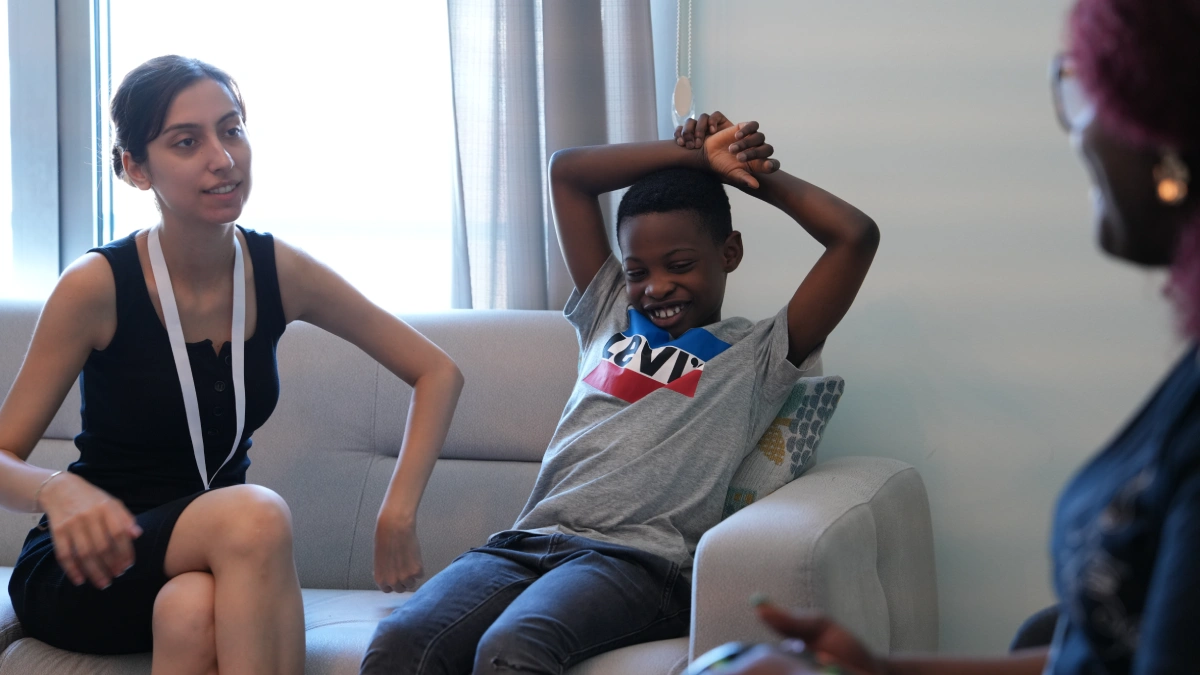Recent advancements in neurological and genetic research have opened new doors in the treatment of autism spectrum disorder (ASD). These developments, including innovative approaches like stem cell therapy for autism, provide hope for improving the lives of individuals with autism and their families.
This article delves into:
✔ The latest findings in autism research.
✔ Potential breakthroughs in neurological and genetic studies.
✔ The role of therapies such as stem cell therapy in shaping autism treatment.
Table of Contents
Understanding Autism: The Role of Neurological and Genetic Research
Autism spectrum disorder is a complex neurological condition with strong genetic underpinnings. Research highlights that:
- Neurological Basis: Autism involves differences in brain structure and function, including altered connectivity and synaptic communication.
- Genetic Factors: Specific genetic mutations and variations are linked to autism, with researchers identifying hundreds of associated genes.
Advanced therapies like stem cell therapy for autism are being explored for their potential to repair or modify neurological and genetic pathways to alleviate symptoms.
Neurological Breakthroughs: Enhancing Brain Function in Autism
Recent discoveries in neuroscience are transforming our understanding of autism:
- Brain Plasticity: Research highlights the potential to reshape neural pathways through interventions, including stem cell therapy autism research.
- Advanced Imaging: Technologies like functional MRI help identify targeted areas for treatment, paving the way for personalized therapies.
Experts believe that such advancements could complement treatments available at the best stem cell clinics for autism, leading to improved outcomes.
Genetic Innovations: Unlocking the Code of Autism
Genetic research offers new possibilities for understanding and treating autism:
- Gene Editing: Techniques like CRISPR are being investigated to correct genetic mutations linked to autism.
- Biomarkers: Identifying genetic biomarkers enables early diagnosis and tailored interventions.
While these approaches are still in experimental stages, their integration with stem cell therapy autism clinical trials could revolutionize the field.

Stem Cell Therapy: A Promising Frontier
Stem cell therapy for autism stands out as a cutting-edge treatment option. Key highlights include:
- How Effective is Stem Cell Therapy for Autism? Early studies show promising improvements in social skills, communication, and behavior.
- Cost of Stem Cell Therapy for Autism: The cost varies widely, with clinics offering customized plans based on individual needs.
- Success Stories: Families have reported significant progress in children undergoing therapy, as seen in stem cell therapy success stories autism.
However, it is essential to consider the potential stem cell therapy autism side effects, such as inflammation or infection, and seek treatment from reputable clinics.
Clinical Trials and Research: Pioneering the Future
Ongoing research and trials are critical for validating the efficacy of treatments. Notable developments include:
- Stem Cell Therapy Autism Clinical Trials: These trials aim to assess the therapy’s safety and long-term impact.
- Global Collaboration: Leading researchers and clinics worldwide are sharing findings to accelerate progress.
Families interested in exploring these options can consult specialists and search for stem cell therapy autism near me to find clinical trials or treatments.
FAQs: Answering the Most Common Questions
How Effective is Stem Cell Therapy for Autism?
While early studies show positive results, effectiveness varies by individual. Consulting experts at the best stem cell clinics for autism is recommended for tailored advice.
What Are the Costs and Risks of Stem Cell Therapy?
The cost of stem cell therapy for autism depends on the clinic and treatment plan. Potential risks include mild side effects such as inflammation.
Are There Clinical Trials for Stem Cell Therapy?
Yes, several stem cell therapy autism clinical trials are ongoing globally. Families can search for trials near them to participate.
4. How Can Genetic Research Benefit Autism Treatment?
Genetic research enables early diagnosis and personalized treatment approaches, offering hope for more effective interventions.
Conclusion
Neurological and genetic research has ushered in a new era of possibilities for autism treatment. Innovative therapies like stem cell therapy for autism offer hope for improved quality of life, while ongoing research continues to unravel the complexities of autism.
By staying informed and consulting experts, families can explore the best options for their loved ones.
